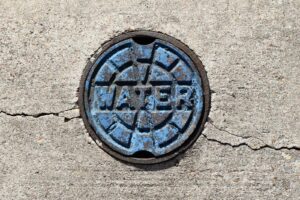Confusion around compostable packaging could lead to an increase in littering, with 38% of consumers not realising that compostable packaging needs specialist recycling.
The Manchester-based company, RawPac, who specialises in compostable packaging, conducted a study on 2,000 UK consumers to ask about their recycling habits.
The study found that 38% of consumers had attempted to compost packaging at home because they didn’t realise that this kind of packaging must be dealt with at a specialist recycling facility.
29% of the consumers said they regularly put their compostable packaging in normal litter bins, and 18% of participants said they ‘don’t see much benefit’ in recycling their packaging as ‘it ends up in landfill anyway.’
According to waste charity WRAP, for compostable packaging materials to break down they require high temperatures, combined with high levels of oxygen and humidity.
Owner of RawPac, Tim Wilson said he believes that consumers want plastic-free packaging, but they are becoming frustrated at the lack of public composting facilities and are confused by the mixed messages about what they can and can’t do with the compostable packaging.
He says that: ‘Home composting isn’t suitable for most ‘compostable’ packaging with this sort of packaging requires a commercial composting facility.’
‘But consumers can be forgiven for being confused, after all, it often says ‘compostable’ on the packaging.’
‘Consumers clearly have an appetite for helping the environment and are paying attention to what their packaging is made of, but if they think their own effort is wasted, we’ll lose that support very quickly.’
Mr Wilson added: ‘One thing that really frustrates our customers is the lack of consistency across local authorities. With some authorities, you can recycle certain things that others won’t let you. And that applies to green waste too, which requires better provision from local authorities and better awareness among consumers.’
Companies such as First Mile are helping to resolve this issue by offering the UK’s first dedicated compostable recycling packaging service for businesses, which they hope will cut down on compostable packaging which can damage existing recycling streams.
Photo Credit – RawPac
















